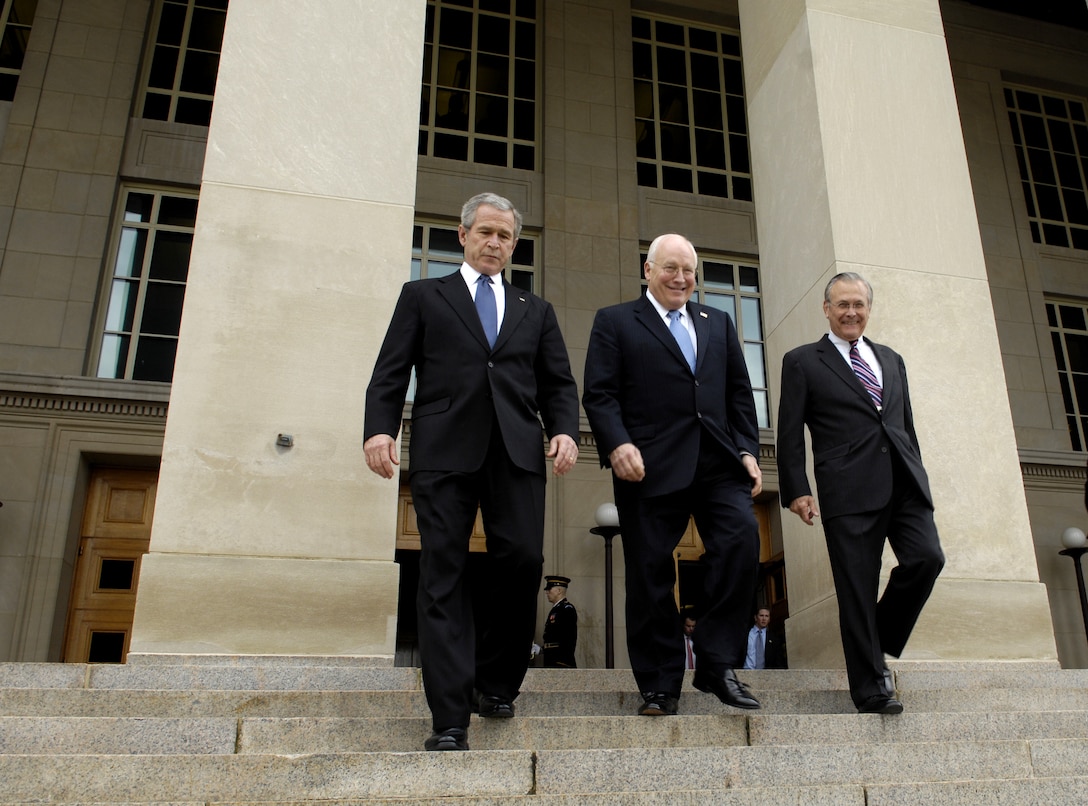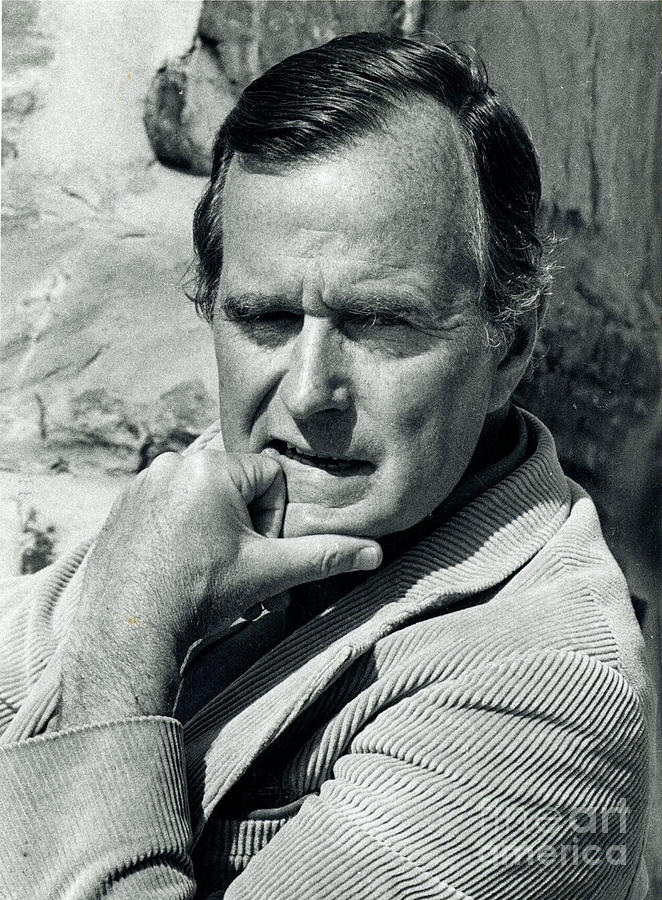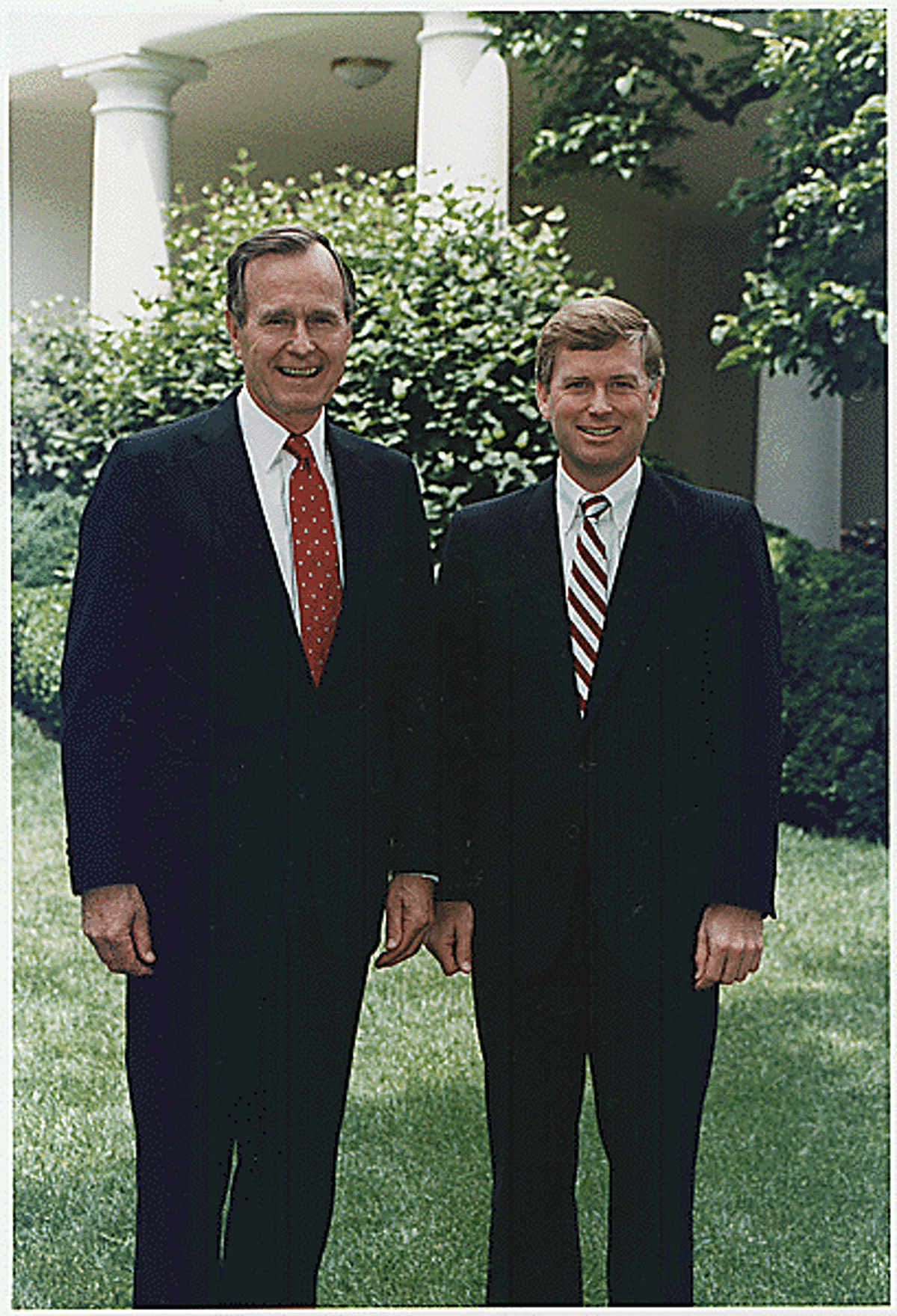George Bush: The Vice Presidency And Its Impact On American Politics
George Bush, the 41st President of the United States, had a significant political career that began long before he took office as president. His time as Vice President under Ronald Reagan from 1981 to 1989 was pivotal in shaping his future policies and leadership style. In this article, we will explore the intricacies of George Bush's vice presidency, including his role in domestic and foreign policies, his relationship with Reagan, and how these experiences prepared him for the presidency. The legacy of his vice presidency continues to influence American politics to this day.
Understanding the context of George Bush's vice presidency requires a look at the political landscape of the time. The early 1980s were marked by economic challenges, a changing global order, and a growing conservative movement. Bush's experience as a vice president provided him with a unique perspective on governance and the complexities of leadership. His ability to navigate these challenges played a crucial role in the eventual election of his presidency.
This article will provide an in-depth analysis of George Bush's time as vice president, examining key events and decisions that defined his tenure. We will also discuss his legacy and the lessons learned during this pivotal period in American history. By delving into the details of his vice presidency, we aim to highlight the importance of this role in shaping future leaders and policies.
Table of Contents
- Biography of George Bush
- Early Life and Political Career
- The Vice Presidency: Responsibilities and Challenges
- The Relationship with Ronald Reagan
- Domestic Policies During the Vice Presidency
- Foreign Policy Initiatives
- Legacy of George Bush as Vice President
- Conclusion
Biography of George Bush
George Herbert Walker Bush was born on June 12, 1924, in Milton, Massachusetts. He served in the U.S. Navy during World War II before embarking on a career in business and politics. After serving in various roles, including U.S. Representative and Director of the Central Intelligence Agency, he was elected Vice President under Ronald Reagan.
| Name | George Herbert Walker Bush |
|---|---|
| Born | June 12, 1924 |
| Political Party | Republican |
| Vice Presidency | 1981-1989 |
| Presidency | 1989-1993 |
| Died | November 30, 2018 |
Early Life and Political Career
George Bush's early life was marked by privilege and education. He attended Yale University, where he earned a degree in economics. His political career began in 1966 when he was elected to the U.S. House of Representatives. Bush's experience in politics and business laid the groundwork for his future roles in government.
The Vice Presidency: Responsibilities and Challenges
As Vice President, George Bush was tasked with a variety of responsibilities. His role included presiding over the Senate and serving as an advisor to President Reagan. Bush was known for his ability to connect with lawmakers and build consensus on key issues.
- Unveiling Sams Reallife Companion From General Hospital
- Donnie Wahlberg A Pillar Of Strength In Blue Bloods
One of the significant challenges he faced was addressing the economic downturn of the early 1980s, including high inflation and unemployment rates. Bush advocated for policies that aimed to stimulate economic growth and reduce government spending.
Key Responsibilities of the Vice Presidency
- Advising the President on policy matters
- Presiding over the Senate sessions
- Representing the U.S. in diplomatic matters
- Engaging with congressional leaders
The Relationship with Ronald Reagan
George Bush's relationship with President Reagan was complex. While they shared similar political ideologies, their approaches to governance often differed. Bush was seen as a more moderate figure compared to Reagan's conservative stance.
Despite their differences, Bush played a crucial role in supporting Reagan's policies, particularly in foreign relations and economic matters. Their partnership was instrumental in shaping the direction of the Republican Party during the 1980s.
Domestic Policies During the Vice Presidency
During his time as vice president, Bush was involved in several key domestic policy initiatives. His focus on education reform, environmental protection, and economic recovery were significant aspects of his tenure.
One notable achievement was his support for the 1986 Tax Reform Act, which aimed to simplify the tax code and promote fairness in taxation. Bush's commitment to these policies showcased his dedication to improving the lives of American citizens.
Foreign Policy Initiatives
Foreign policy was a defining aspect of George Bush's vice presidency. He played a critical role in shaping U.S. relations with the Soviet Union and other nations during a time of significant geopolitical change.
Bush's experience in foreign affairs was vital in the negotiations leading to the end of the Cold War. His understanding of international politics and diplomacy allowed him to contribute effectively to Reagan's foreign policy agenda.
Legacy of George Bush as Vice President
The legacy of George Bush's vice presidency is evident in the policies and practices that shaped the subsequent political landscape. His ability to work across party lines and engage with diverse constituencies set a precedent for future leaders.
Additionally, Bush's emphasis on international diplomacy and economic stability influenced his approach as president, ultimately shaping his administration's priorities and decisions.
Conclusion
In conclusion, George Bush's vice presidency was a crucial period in American politics that laid the foundation for his future leadership as president. His experiences in domestic and foreign policy, along with his relationship with Ronald Reagan, shaped his political philosophy and approach to governance. By examining the intricacies of his vice presidency, we gain valuable insights into the complexities of leadership and the importance of collaboration in politics.
We invite readers to share their thoughts on George Bush's legacy as vice president and how it has influenced modern politics. Feel free to leave a comment, share this article, or explore more content on our site.
Thank you for reading, and we hope to see you again soon!

President W. Bush, Vice President Dick Cheney, and Defense

Vice President Bush Photograph by Bettmann Fine Art America

H.W. Bush rushed to the hospital